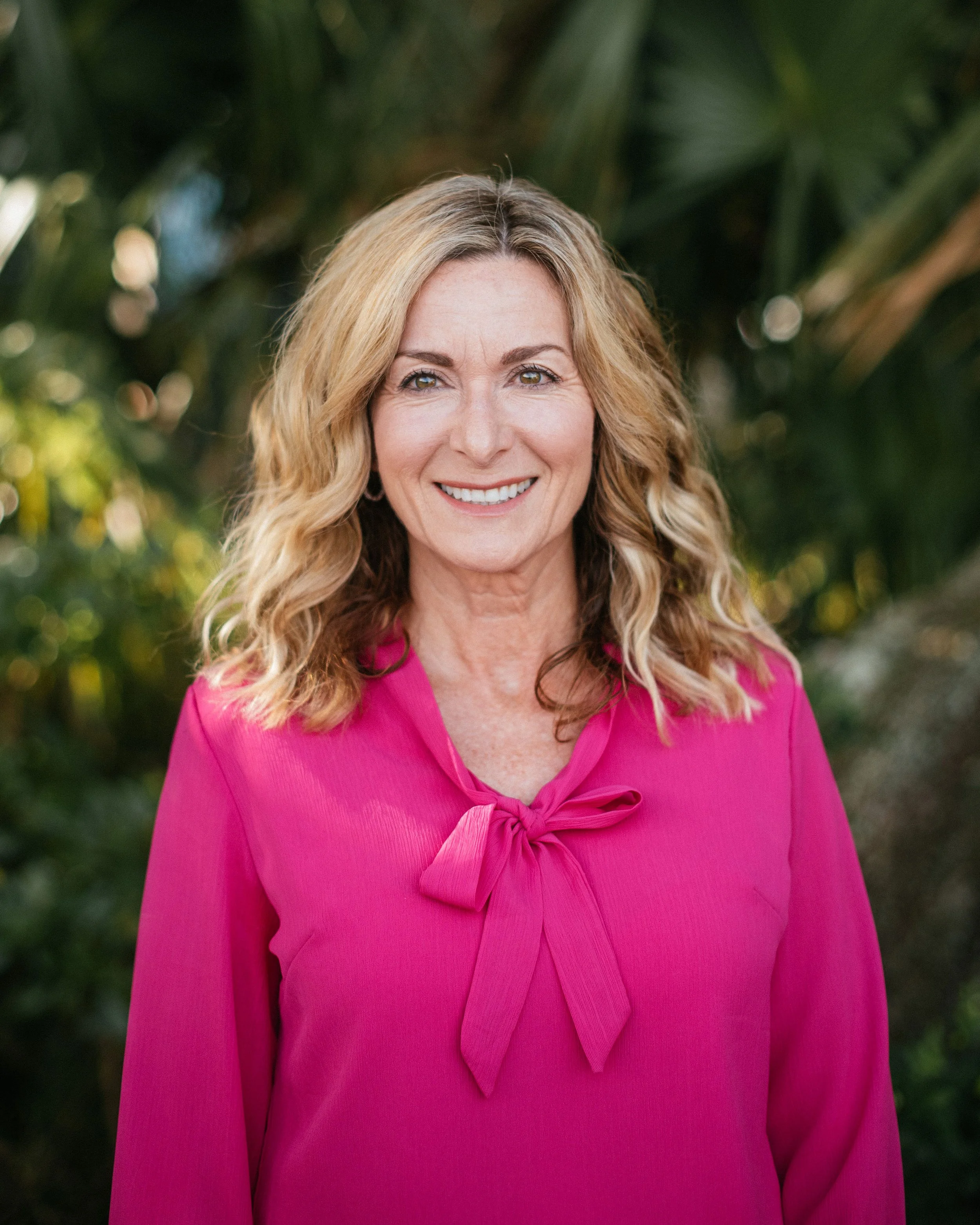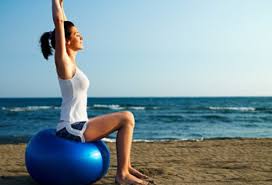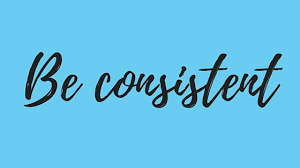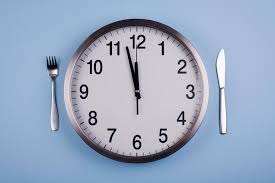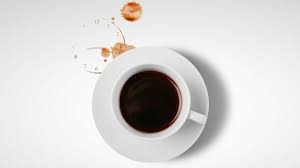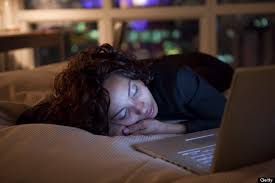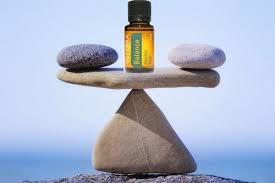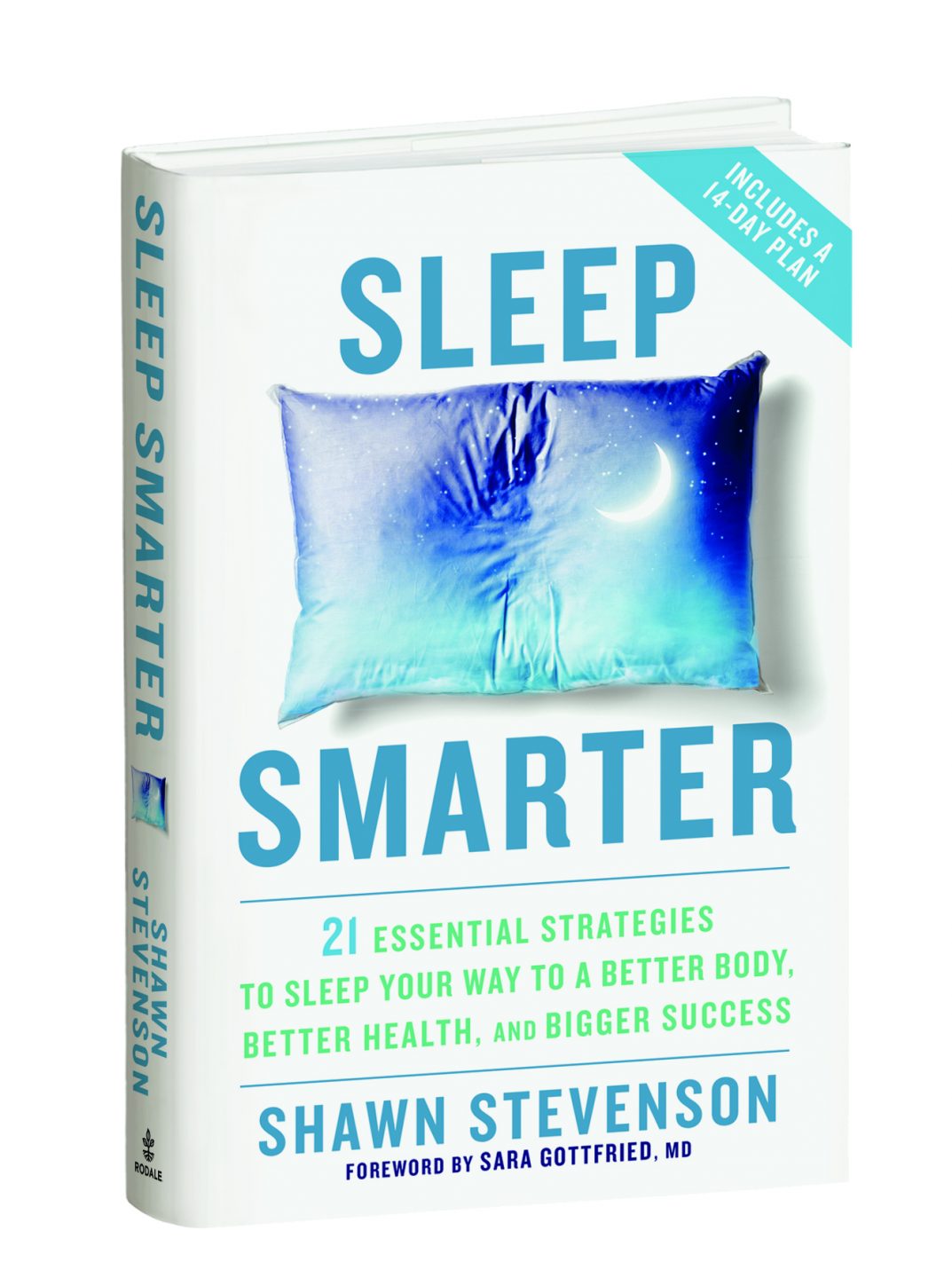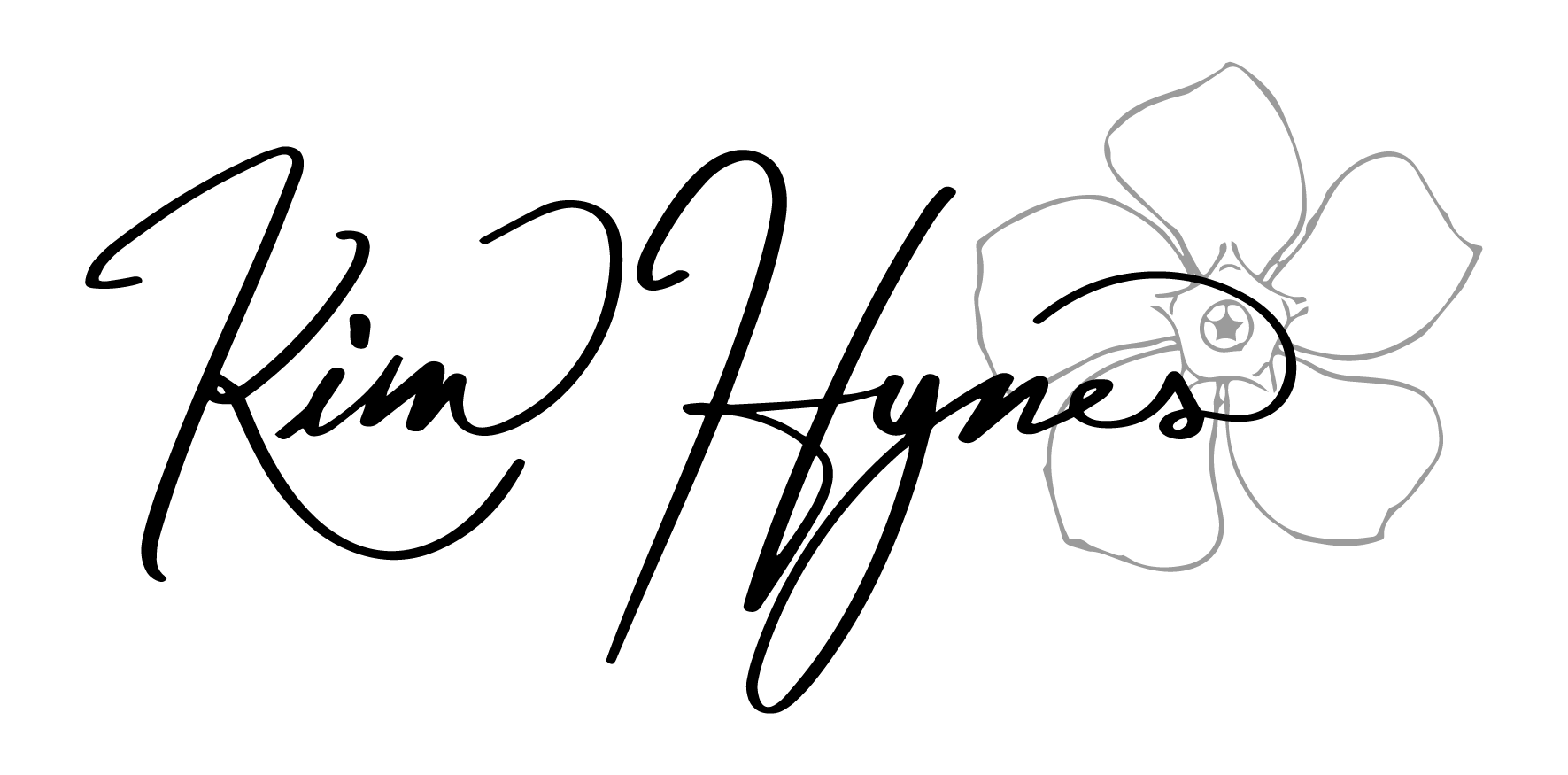Nutrition and Exercise Under Control but Still not Losing Weight?
Health and Fitness Expert, Shawn Stevenson, has a great analogy. Our health is like a three legged stool. The three legs are Nutrition, Exercise and Sleep. If we take any one of those legs away, the stool falls.
Are you working out and eating well but still not able to lose any weight? Are you working hard but the scale just won’t budge? Is it really all about exercise and food alone? I was personally having this issue and decided to dig a little deeper.
Last year around the holidays I thought I was doing so well. I was secretly patting myself on the back because I was working out 4-5 times a week and eating well. At the same time, I started having some health issues. I thought I was suffering from allergies which, unfortunately, then turned into a rather lengthy battle with a respiratory and sinus infection. I assumed it was normal because all four of our kids had been sick as well and the kids at school had been passing the germs around. I didn’t realize there was one thing that was sabotaging my entire so-called healthy lifestyle. It’s a biggie and it caught my attention! As a health coach, I am so much more aware of this obstacle for everyone.
When clients are cleaning up their nutrition and getting exercise, but still haven’t lost the weight, we look to other lifestyle factors that could affect their progress. I obviously also needed to look elsewhere considering how often my body was succumbing to sickness. Other
components to a healthy lifestyle include stress management, career, relationships and one of the most overlooked...sleep. Without sleep, weight loss through nutrition and exercise will only go so far. Without sleep, our bodies cannot recover and our hormones cannot rebalance. It’s very difficult to deal with a stressful day when your body is running on empty.
I was falling asleep by 9:30pm, but not staying asleep, and I was getting up at 4:45am to get ready and be on the road to drive almost an hour so I could get into school by 7:00am. Many people don’t go to bed until very late and have less than 7 hours of sleep. In fact, some people even brag about being able get by on only 4 hours of sleep a night.
I didn’t feel like I had control over my sleep situation. I thought it was just happening to me or I was maybe going through menopause. I didn’t even try to fix it. When I learned how it was affecting me and what I could do about it, I was excited to also share it with my clients.
Lack of sleep can actually contribute to weight gain - even if you are watching your food and exercising regularly. It can also contribute to an increased risk of developing heart disease, stroke, or heart attacks. People who get less than 7-8 hours of sleep are at the highest risk. Most people report they don’t have deep sleep and don’t dream. The hours from 10pm to 2am are when our deepest sleep occurs. That really means we should be settling down around 9:30pm. For some, that seems very early, but the reality is we were meant to go to bed when it gets dark and meant to wake with the sun.
So many of us use caffeine to handle our early mornings which causes a disruption to our hormones and gut and we use caffeine later in the day which causes imbalance in our cortisol levels. We need cortisol to be going down at the end of the day, but we ramp it up with coffee and energy drinks when we hit that late day slump. It can take up to 8 hours for that afternoon caffeine to leave our systems.
Have you ever grocery shopped while tired? I have and my cart is full of processed or “easy food” I wouldn’t buy if I was feeling great. These foods are filled with added sugar and have no nutritional value. They are also filled with chemicals designed to preserve them and give them consistency which disrupts our hormones and our gut health. Having too little sleep changes our decision making about all of our health choices. When we’re tired, we want a change of state. We want to feel better and often we will choose our favorite comfort foods to do that. These sugars and carbs are the most detrimental to our nutrition. People who sleep less tend to eat more calories and have a higher appetite for sugar.
Our hunger hormones, ghrelin and leptin, can cause us to overeat or eat when we are not hungry if they’re not balanced. Because our hormones are chemical messengers in our bodies, lack of sleep may mess up the communication. We may not handle stress well when
tired and the body cannot recover. The main hormones that are affected are insulin, ghrelin, leptin, cortisol and growth hormone. The change in these hormones can greatly affect our fat storage, our hunger level, our ability to feel full, and our stress responses. So the question is, how can we get better sleep?
Strategies to get a better night sleep.
- Get daylight. This helps your circadian clock so you can sleep at night and wake up when the sun comes up.
- Exercise. Exercise and movement can help relieve anxiety. Reducing stress can help you fall asleep and stay asleep.
- Be consistent. Try to get to bed at the same time every night even on the weekends.
- Eat early. Eat your last meal 3 hours before you go to sleep. Digestions takes a lot of work.
- Avoid too much alcohol. Alcohol helps you fall asleep quickly, but will disrupt your sleep later in the night.
- Do not consume caffeine after noon each day. Your body needs about 8 hours to clear it. Caffeine disrupts cortisol which needs to going down when we want to sleep.
- Get off the electronics an hour before bedtime. Blue light from phones, iPads and computers contributes to melatonin suppression. This is the hormone you need for sleep. Turn the red light timer on and place your devices up at least an hour before bedtime.
- Take a warm shower before bed. This will adjust your body temperature and help you feel relaxed.
- Cut out TV an hour before bed and read. This gets your mind off your day and gets you away from electronics and TV.
- Use essential oils. I use a sleep blend from Malibu Essential Oils. This amazing blend of vetiver, Hawaiian sandalwood, lavender, clary sage, and Roman chamomile relaxes me and just smelling it now reminds me of sleep and my bed.
- Read Sleep Smarter by Shawn Stevenson. This book explains the science of sleep, why we absolutely need it for our health and shares so many great tips.
Your goal this week: Try to get 30 minutes more sleep and use these methods to get deeper sleep. Let me know how it goes!
Sleep tight and be well, my friends!

